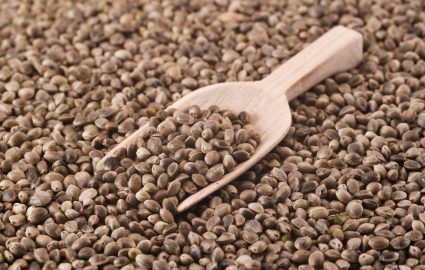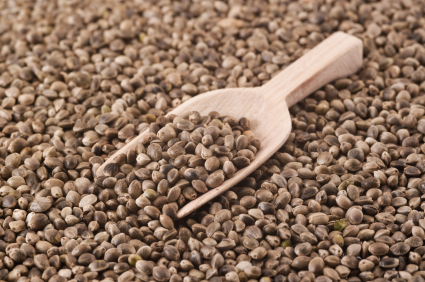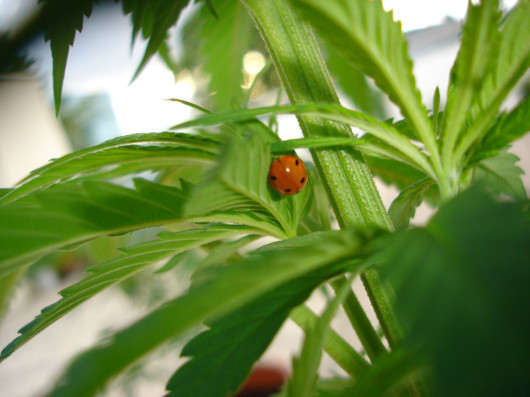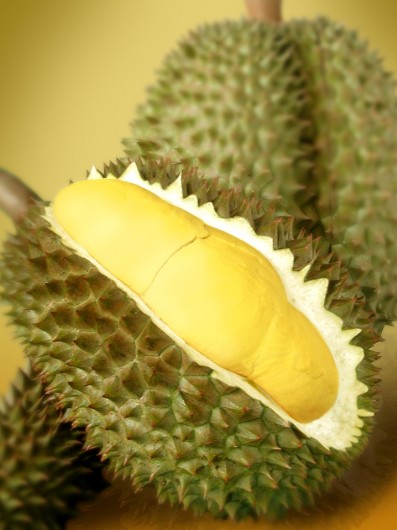Hemp Seeds, Discover the Hidden Benefits of this Nutritional Powerhouse

Hemp seeds are a plant-based protein source that provides many essential nutrients in a small, nutty-tasting package. Though many people are still confused about plant proteins, food-grade hemp has become more mainstream in recent years. Both individuals and food manufacturers are beginning to recognize the benefits of this nutritional powerhouse.
Hemp Facts
Hemp is a fast-growing, highly renewable plant that is grown around the world for a variety of uses. Though often associated with drugs, most hemp is very low in THC, making it suitable for use as a food. Many countries including Spain, France, the UK and China grow hemp legally for this purpose as well as for fiber production. One of the earliest cultivated plants, hemp was even grown by the Aztec and Mayan civilizations.

Hemp contains all 21 known amino acids, including the 9 that the human body needs to build proteins, making it a “complete” protein source.
Over the last several years, hemp has grown in popularity as a food ingredient. This is likely due to its nutritional profile. Vegetarians, vegans and raw foodists have shown particular interest in hemp seeds and other hemp-based foods as sources of important nutrients that are otherwise obtained from animal sources.
A Nutritional Superfood
Hemp contains all 21 known amino acids, including the 9 that the human body needs to build proteins, making it a “complete” protein source. Hemp is also an excellent source of essential fatty acids (EFAs)—the omega-3 and omega-6 fats that your body needs to function properly. Steriadonic acid (SDA) and gamma linolenic acid (GMA) help the body make use of these, promoting an anti-inflammatory environment and helping to control metabolism, hormonal symptoms and LDL cholesterol levels.
Hemp contains a 3:1 ratio of omega-6 to omega-3 fatty acids, which is considered the optimal ratio for human health. In addition, the forms of SDA and GMA found in hemp are delivered as direct metabolites, meaning that the body doesn’t have to convert the fats from one type to another before using them.
Antioxidant vitamin E appears naturally in hemp along with minerals such as iron, magnesium, calcium, potassium, zinc and phosphorus. Hemp is low in saturated fat when compared with the typical American diet and contains no cholesterol. These properties help you maintain a good balance between unsaturated and saturated fats in your diet while delivering nutrients that your body needs.

Though often associated with drugs, most hemp is very low in THC, making it suitable for use as a food.
Health Benefits of Hemp Seeds
Packed with protein, fiber, vitamins and minerals, hemp seeds can do a lot to benefit your health. They’re also a good source of phytonutrients and antioxidants. Antioxidants fight free radicals in the body that can cause cell damage. Phytonutrients are known for being protective against disease. Together the nutritional elements of hemp seeds work to improve your skin, strengthen your immune system, help nerve function, support brain and heart health and even boost energy levels. Best of all, hemp has no known allergens. A study made in Spain also confirmed that hemp oil can help curing cancer, if you want to read more about that click here.
How to Eat Hemp
There are many delicious ways to enjoy hemp seeds, the simplest being to incorporate them into foods that you already eat. Hemp seeds are light in flavor, so you can sprinkle them on your morning oatmeal or your after-dinner salad without much of a change in taste. You can also bake hemp seeds into your favorite breads and muffins to add nutritional value.
The recommended intake of hemp seeds is 2-4 tablespoons daily. However, the health benefits aren’t limited to just the seeds. Many hemp foods including non-dairy hemp milk, hemp seed butter, hemp oil and hemp protein powders are available at health food stores and online. Hemp is even beginning to appear in cereals, trail mixes and sprouted breads.
Here Ani will show you how to make a Hemp Protein Shake that’s great for post workout using hemp protein powder and hemp seeds:
With hemp seeds, it’s easy to add superfoods to your daily diet. Whether you sprinkle them on cereal, blend them into a smoothie or mix them into your favorite muffin batter, these super little seeds will bring you a boost of the nutrients you need from a 100 percent plant-based source.
